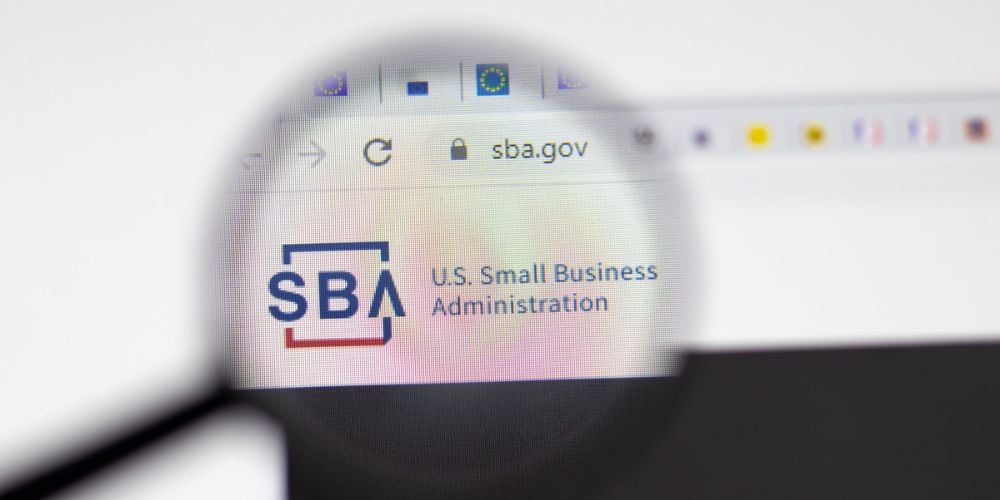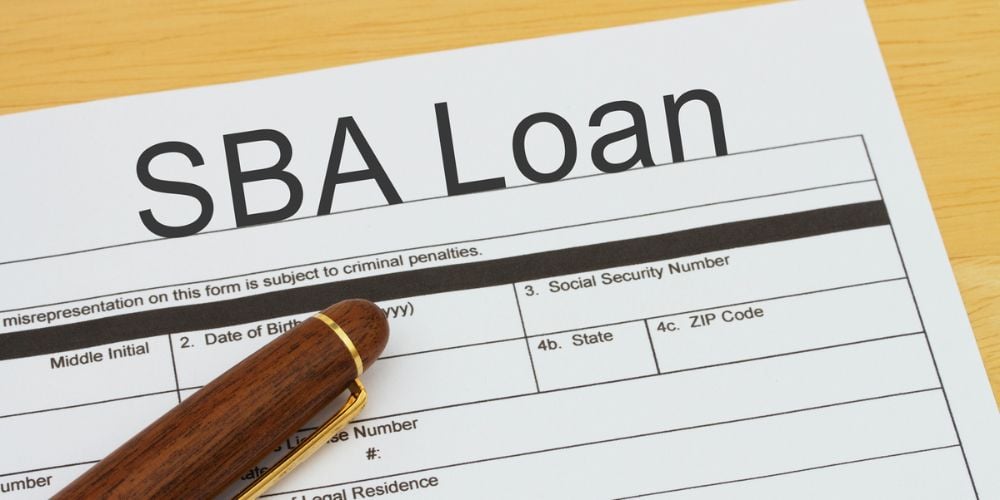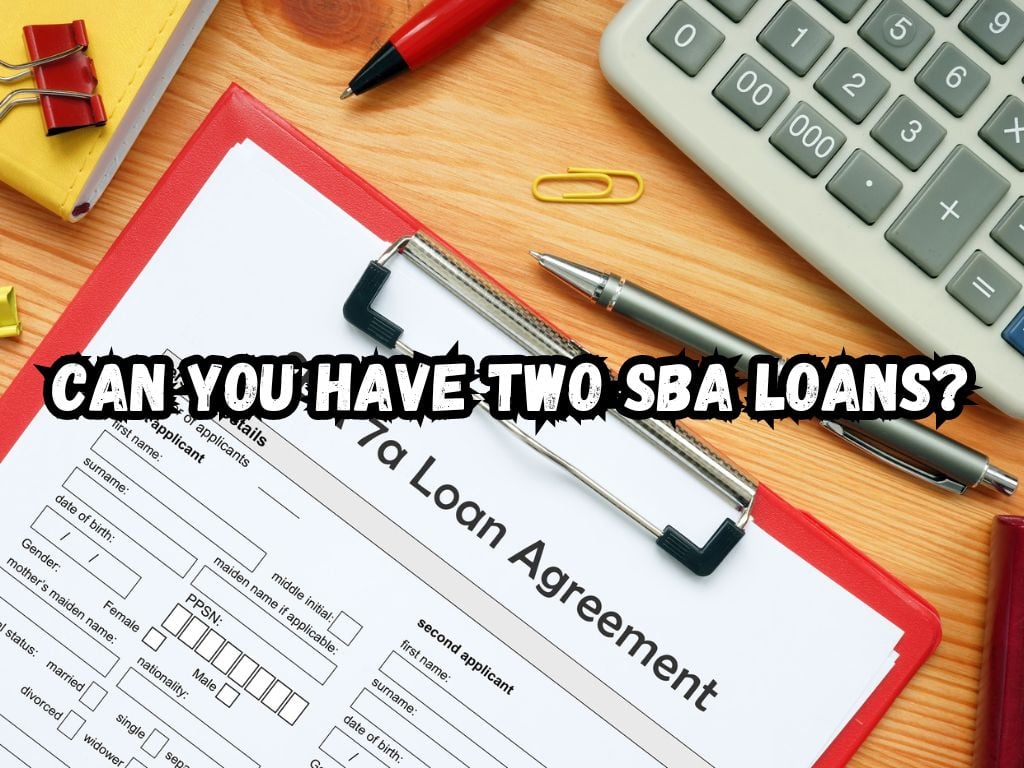Small businesses form the backbone of the American economy, providing jobs, innovation, and vitality to various sectors. To thrive and expand, these enterprises often require financial support beyond what they can generate internally.
This is where the U.S. Small Business Administration (SBA) steps in, offering loan programs designed to assist small businesses in their growth and operational needs.
This article delves into the intricacies of holding more than one SBA loan, providing a comprehensive guide for small business owners.
Can You Have Two SBA Loans?
SBA loans are specialized loan programs facilitated by the U.S. Small Business Administration to aid small businesses that may not qualify for traditional bank loans.
These loans are characterized by their favorable terms, such as lower down payments, flexible overhead requirements, and in some cases, no collateral requirements.
There are various types of SBA loans available, catering to different needs—from purchasing equipment to acquiring real estate, or even just bolstering working capital.

Eligibility Requirements for SBA Loans
The eligibility criteria for SBA loans are designed to ensure that these loans serve their intended demographic—small businesses struggling to secure financing through conventional means.
A business must fit within the SBA’s definition of “small”, which varies by industry. Additionally, businesses must demonstrate the ability to repay the loan, have a legitimate business purpose, and the owners must have a decent credit history. Meeting these criteria is the first step in securing an SBA loan.
The Feasibility of Multiple SBA Loans
Yes, it is possible for a small business to hold more than one SBA loan at a time. However, this comes with stipulations. Primarily, each loan must serve a distinct purpose in the business.
For instance, one loan could be aimed at machinery purchase while another might be for real estate. It’s also crucial for the business to maintain good standing on its current loan to qualify for another. Moreover, the combined total of the loans must not exceed the SBA’s lending limits.
Managing Multiple Loans: Conditions and Restrictions
Multiple SBA loans come with their own set of conditions. The foremost is that the uses of each loan must not overlap.
The SBA enforces strict regulations on how loan funds can be used, aiming to ensure that the money serves to genuinely benefit and grow the business.
Additionally, there are overall caps on the amount a business can borrow, which can vary based on the specific SBA loan programs and the size standards of the industry in question.
Applying for a Second SBA Loan
The application process for a subsequent SBA loan mirrors that of the first. Businesses need to present in-depth financial statements, a thorough business plan detailing the need for additional funding, and how it will be used to grow the business.
Thorough preparation is indispensable. It involves showcasing not only the sustainability and profitability of the business but also its capability to manage the responsibility of multiple loans simultaneously.
Effective Management of Multiple SBA Loans
Successfully managing more than one SBA loan demands meticulous financial oversight. Businesses must prioritize organizing their finances and keeping up with repayment schedules to avoid defaulting.
Close monitoring of the business’s cash flow is imperative to ensure that servicing the debt does not compromise the operation’s financial health.

Exploring Alternatives to Additional SBA Loans
While securing another SBA loan can be a viable option for some businesses, it might not be the optimal solution for all.
Other financing avenues include traditional bank loans, business lines of credit, and merchant cash advances. Each of these options comes with its own advantages and disadvantages, and a thorough evaluation is necessary to identify the best fit for a business’s specific needs.
Frequently Asked Questions
Can I use two SBA loans for the same business expansion project?
No, the SBA mandates that each loan must serve a different business purpose or need.
What are the repercussions for defaulting on an SBA loan?
Defaulting on an SBA loan can lead to dire consequences, including the possibility of legal action, the seizure of collateral, and a significant impact on the business owner’s credit score.
Is it possible to refinance an existing SBA loan with another SBA loan?
Yes, under certain conditions, you might be able to refinance an SBA loan with another. The new loan must provide distinct advantages for the business, such as improved terms or decreased payments.
How do SBA loans stack up against other financing options?
SBA loans typically offer more favorable terms than conventional financing options, which include lower interest rates, longer repayment periods, and lower down payment requirements. However, it’s critical to assess all potential financing solutions to determine the most advantageous arrangement for your business.
Conclusion
Securing more than one SBA loan is indeed feasible, offering an avenue for small businesses to access the capital they need to grow. However, this route requires careful consideration, meticulous planning, and effective financial management.
The ability to service multiple loans without jeopardizing the business’s financial stability is crucial. By understanding the requirements and restrictions associated with multiple SBA loans, small business owners can make informed decisions that align with their strategic goals and financial capabilities.


 Tags:
Tags:










